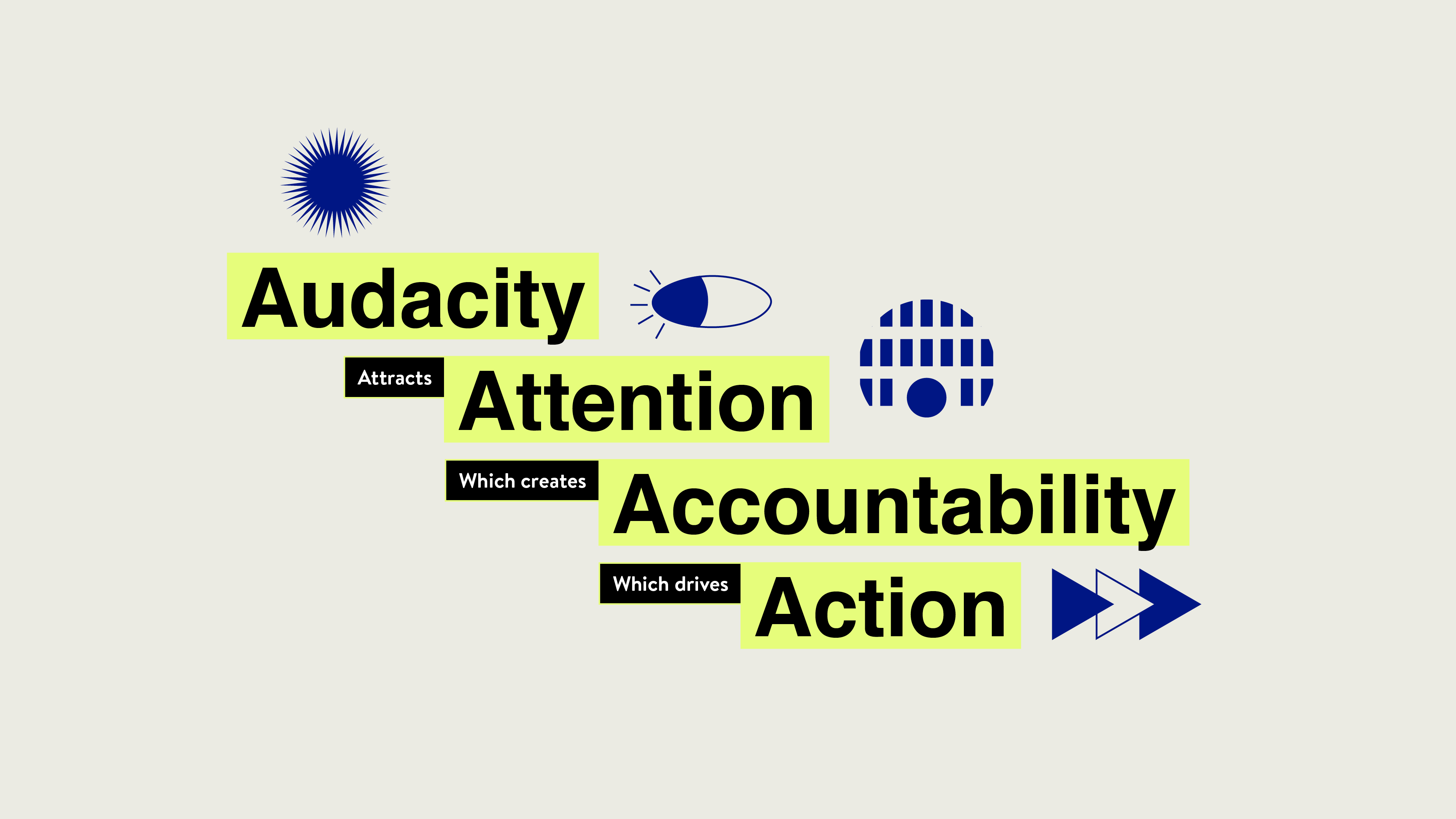Attention: Gen-Z voices in pharma
Written by William Hirst • Published on 5th March 2025
Do I have your attention yet? Is your imagination whirling with ideas for structure disruption? Have you formed your own ideas for a techy transformation of the meaning of healthcare?
Audacity begets attention in the Pharmageddon lifecycle:

How’s this for something that you’re almost probably ignoring, but definitely shouldn’t be: the rising tide of Generation-Z.
An inevitable issue
Ask most pharma decisionmakers what they think about these upstarts and they will bluff an answer, suggesting that dealing with them is someone else’s job, that there are pilots in place for that sort of thing, that they just don’t ‘get’ Gen-Z. For those with these attitudes, the writing is on the wall. If you can’t make Gen-Z a part of your job, you’ll lose it.
Gen-Z will be running the pharma show in just a few years. It now makes up 27% of the US pharma workforce. This is our future market, future employment pool and future patient population. That’s not a prediction, but a deadset certainty.
If we don’t learn to talk like a teen, we’ll fall prey to the disrupters that can. If we do, we open up some incredible opportunities for the future of health.
Now do I have your attention?
A different breed
It’s tempting to consider Gen-Z as just another generation—yes, they talk funny, but doesn’t every generation? However, Gen-Z is fundamentally different. It’s one that thinks, communicates, buys and prioritises in a different manner.
The fact that Gen-Z was born online threatens to outdate many of the operations we have come to rely on. For example, pharma puts a great deal of emphasis on its brand strategy, which it frontloads with a one-size-fits all approach. This has obviously paid dividends (literally) in the past, but Gen-Z is the most brand-disloyal generation in history. Investing huge amounts tailoring brand identity is investment wasted. Instead, loyalty has to be earned with this generation, which puts convenience, access and sustainability before anything else.
Do or die
Putting it this way makes engaging with Gen-Z sound like a massive challenge, requiring the turnover of all our operations, but implementing a Gen-Z narrative is not as big a wrench as it sounds (employing Gen-Z content creators is an easy first step). Moreover, the opportunities that this generation grants us are immense—this is the most health-conscious generation in history, with a taste for innovative products and an easy relationship with the powerful, scalable digital solutions that pharma has had stunted progress with in the past.
Gen-Z is willing to engage, to show and tell us what they want. We would do well to listen. Your best bet at doing that is in person at Pharmageddon USA, where we have gathered pharma’s first Gen-Z panel.
